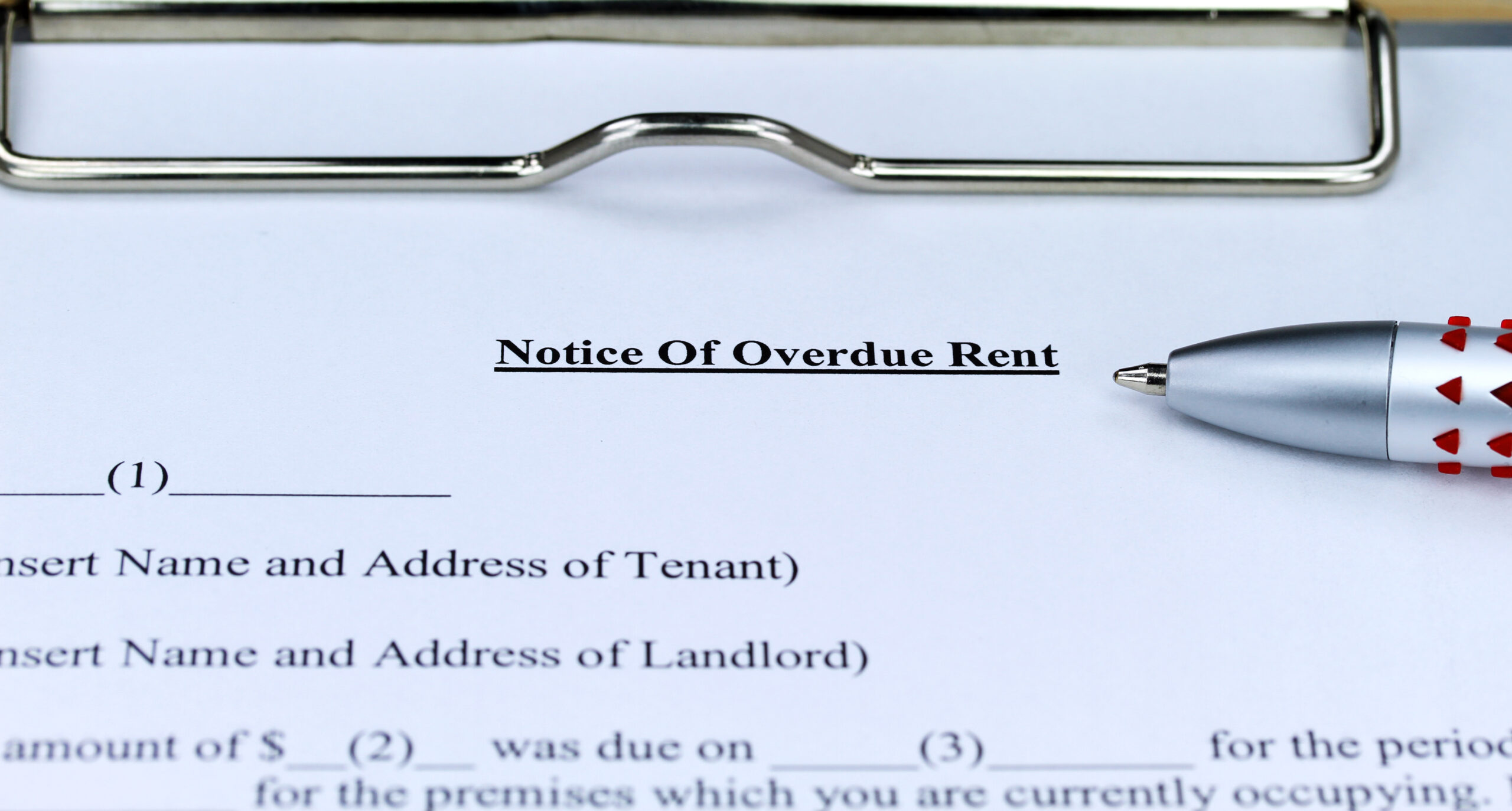Rent Arrears Fall – But £240m Risk Looms as Welfare Reforms Threaten Tenant Incomes

Social landlords have recorded a significant drop in rent arrears, with levels falling by 7% since January and 10% compared to this time last year.
The positive trend is welcome news for income management teams – but Housemark warns the progress could be short-lived.
The findings, published in Housemark’s March edition of Monthly Pulse, reflect performance for February 2025, with data from 169 UK social housing providers.
Arrears Forecast to End the Financial Year at 2.6%
But with welfare reforms on the horizon, the sector could face a significant challenge maintaining this performance.
Housemark estimates that if just 5% of the UK government’s planned £4.8 billion welfare savings result in unpaid rent, arrears could rise by as much as £240 million.
Reforms announced in the Spring Statement – including changes to Personal Independence Payment (PIP) and reductions in the health component of Universal Credit – are expected to disproportionately affect the 59% of social housing tenants who live with a disability or long-term illness.
The Report Highlights the Opportunity for Social Landlords to Support Tenants in Boosting Their Incomes
An estimated £23 billion in unclaimed benefits and entitlements remains untapped, suggesting targeted support could help residents avoid falling into debt while improving financial resilience and wellbeing.
Housemark’s research also found that voluntary staff turnover across the sector dipped to 0.53% in February – the lowest level recorded since Pulse tracking began in April 2023.
While this may suggest stability, Housemark’s analysis points to deeper issues. Recruitment freezes, unsuccessful hiring and posts held pending organisational change are likely playing a role.
Crucially, organisations with lower staff satisfaction scores (under 70%) experienced 25% higher turnover, reinforcing the link between culture, workforce performance and service delivery.
AI Optimism Still Wrapped in Relative Caution
Interest in artificial intelligence is growing across the sector – but Housemark cautions that data fundamentals must come first.
The report shows that landlords submitting over 80% of Pulse metrics annually recorded tenant satisfaction scores five percentage points higher than those contributing less data. This insight underlines the value of consistent, high-quality data in shaping services and preparing for more advanced digital tools in future.
Jonathan Cox, Chief Data Officer at Housemark, said: “The latest figures show that social landlords are doing an outstanding job in collecting income under increasingly tough conditions – with arrears down significantly year-on-year.
But this progress is fragile. The impact of forthcoming welfare reforms could reverse these gains and lead to hundreds of millions of pounds in unpaid rent across the sector.
“Housing providers must act now – by strengthening support for tenants, ensuring income maximisation, and preparing their organisations for increased financial pressure.”
Other Key Findings From the March 2025 Pulse Report Include:
- Vacancy rates are 24% higher than a year ago, with average re-let times exceeding 50 days for a second consecutive month.
- Transactional satisfaction with repairs rose to 87.1%, up from 86.1% in January.
- Responsive repairs completed per 1,000 homes dropped by 9.7%.
- Formal complaints reduced by 6.8%, although resolution rates dipped slightly to 94.7%.
- Sickness absence decreased to a median of 4.1%, down from 5.3% the previous month.
- Digital contact remained stable, with 34.3% of customer interactions handled through digital channels.

